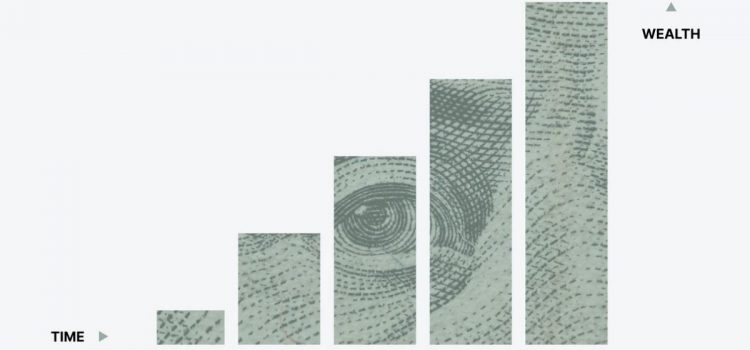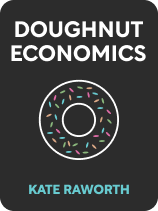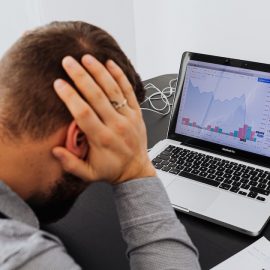

This article is an excerpt from the Shortform book guide to "Doughnut Economics" by Kate Raworth. Shortform has the world's best summaries and analyses of books you should be reading.
Like this article? Sign up for a free trial here .
Is economic growth destroying the planet? Can long-term economic growth be sustainable?
According to Kate Raworth, we have pushed economic growth so far that some bad environmental outcomes may now be unavoidable. If we don’t act now, grave consequences are in order.
Here’s how the overwhelming focus on growth endangers the health of our economy and the planet.
Human Prosperity Over Economic Growth
In her book Doughnut Economics, Raworth argues that we need to move beyond economic growth as the primary measure of the health of our economy and society. Human happiness, prosperity, and the health of our ecosystem and biosphere are what matter most, whether growth happens or not.
She argues that there must be some natural growth boundary based on an economy’s limited endowments of labor, land, capital, natural resources, space, knowledge, technology, and other factors of production. In other words, growth cannot go on forever. In many respects, this is already happening in rich countries as they grapple with an aging population, slow population growth, and declining worker productivity.
| Confronting the Challenges of Population Decline Other writers have explored the consequences of population decline or stagnant growth, as well as potential solutions to it. One writer notes that global fertility rates are indeed dropping at an unprecedented rate, with nearly every country on the planet on track to have shrinking populations by the end of the 21st century. There are multiple problems associated with population decline—such as ensuring that governments have an adequate tax revenue base when the majority of the population is retired and financing the care of the growing share of the population that is elderly. Countries such as the UK have tried to use migration to accommodate their falling population. However, this solution won’t be applicable once every country in the world starts to lose population. Other nations have tried to encourage population growth by offering government-funded childcare, better maternity/paternity leave, and direct financial incentives. |
Long-Term Growth Is Unsustainable
Raworth warns that it may simply be the case that long-term economic growth is incompatible with staying inside our ecological boundaries—especially as we face the prospect of runaway global warming fueled by greenhouse gas emissions.
| Fossils Fuels and Economic Growth Some writers have noted that the impressive growth in both global population and per capita output over the past three centuries was possible only through the massive burning of fossil fuels. Indeed, nearly all of humanity’s gains over the past two-and-a-half centuries—increased life expectancy, reduced world hunger, a massive drop in the number of people living in extreme poverty—have been due to humanity’s up-to-then unprecedented burning of coal, oil, timber, and gas and the extraordinary economic gains it brought. Today, we may be living with the consequences of this growth in the form of runaway climate change, with global temperatures having risen nearly 1° C over pre-industrial levels. This climate change not only threatens the same engine of growth that has pushed global temperatures so high, but also the life-sustaining ecosystems upon which humanity itself relies. |

———End of Preview———
Like what you just read? Read the rest of the world's best book summary and analysis of Kate Raworth's "Doughnut Economics" at Shortform .
Here's what you'll find in our full Doughnut Economics summary :
- Why we need a top-to-bottom redesign of our global economic order
- Why long-term economic growth is unsustainable
- How inequality fuels a feedback loop that leads to more inequality






